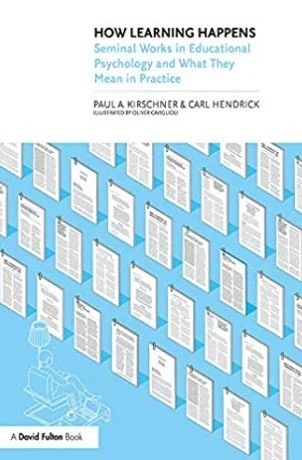How to choose and adapt and activity
DEFINING QUESTIONS
1 What is the desired cognitive or procedural skill?
a How can that skill in part or whole with appropriate level of support and structure be the focus of an activity?
b How will that skill be tested at the end of the course?
How and how often can practice activities in the testing format be given?
2 What is the desired difficulty of the activity?
a Easy is a warm up or deliberate practice to make automatic with repetition
b A bit hard is a nudge to try the next harder level
c Too hard can be inspiration with a guide or hints
EXPLORING QUESTIONS
1 Novice or Advanced or Expert Learners?
a Novices - Need to unlearn misconceptions. Need lots of context and hands-on experiences. Need to practice applying newly learned rules of the topic to classic situation.
b Advanced – Need to choose and apply already learned rules of the topic according to situations. Need to see differences. Need to see exceptions.
c Experts – Can use imaginations. Can see big picture. Have rich context readily retrievable. Can have rich abstract discussion. Can handle less structure. (Not realm of Novice)
Novice - Expert divide is why:
Teacher may find an abstract or big picture activity rich, but novices find activity lacking.
Teacher often needs to build up over time and give rich context for novices.
Teacher sometimes must accept the desired skill may be out of reach for novices.
2 What phase of the class is the activity?
a Before class - Self-learning of basics
b Beginning of class - Activating prior learning
c Class – Do activities together
d End of class – Review together
e After class - Reflection
3 What type of Togetherness?
a Competitive – especially good for strangers or early in class semester
b Collaborative – favored by some over competition
c Supportive – especially for trusted circle or later in class semester
d Presence – minimum use of togetherness
SUPPORTING QUESTIONS
1 What level of teacher supervision and degree of structure should be provided for traditional teacher directed learning?
or alternatively
a Student directed learning , only if student is self-regulated, well-practiced, and has some familiarity with field - modules, videos, or even just textbooks
b Adaptive learning algorithm directed learning - computer sets pace and help resources using autograding
c Communty of peer directed learning - social messaging to find resources and what to learn next
2 Does the activity model how learner can continue through self-learning?



